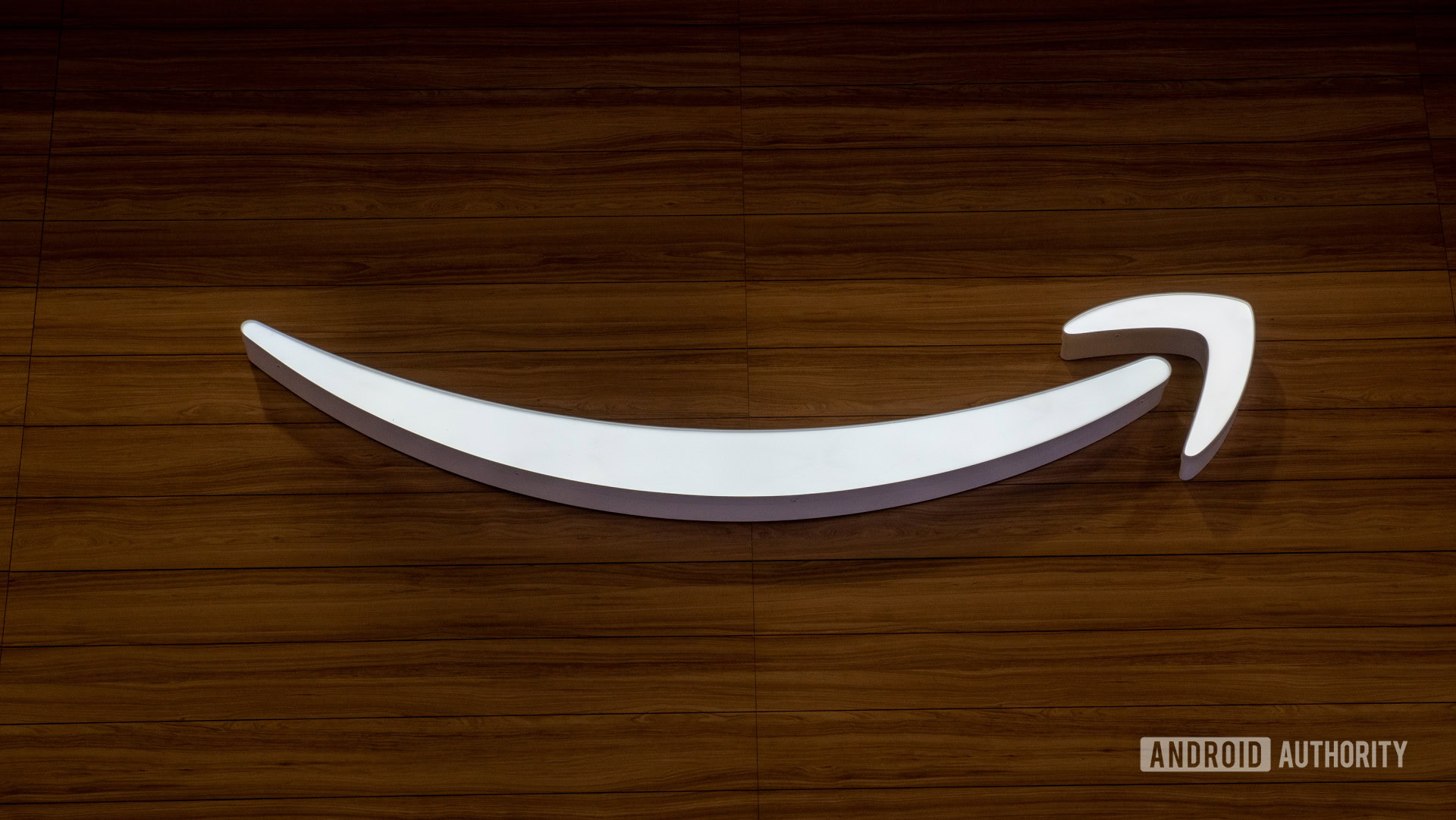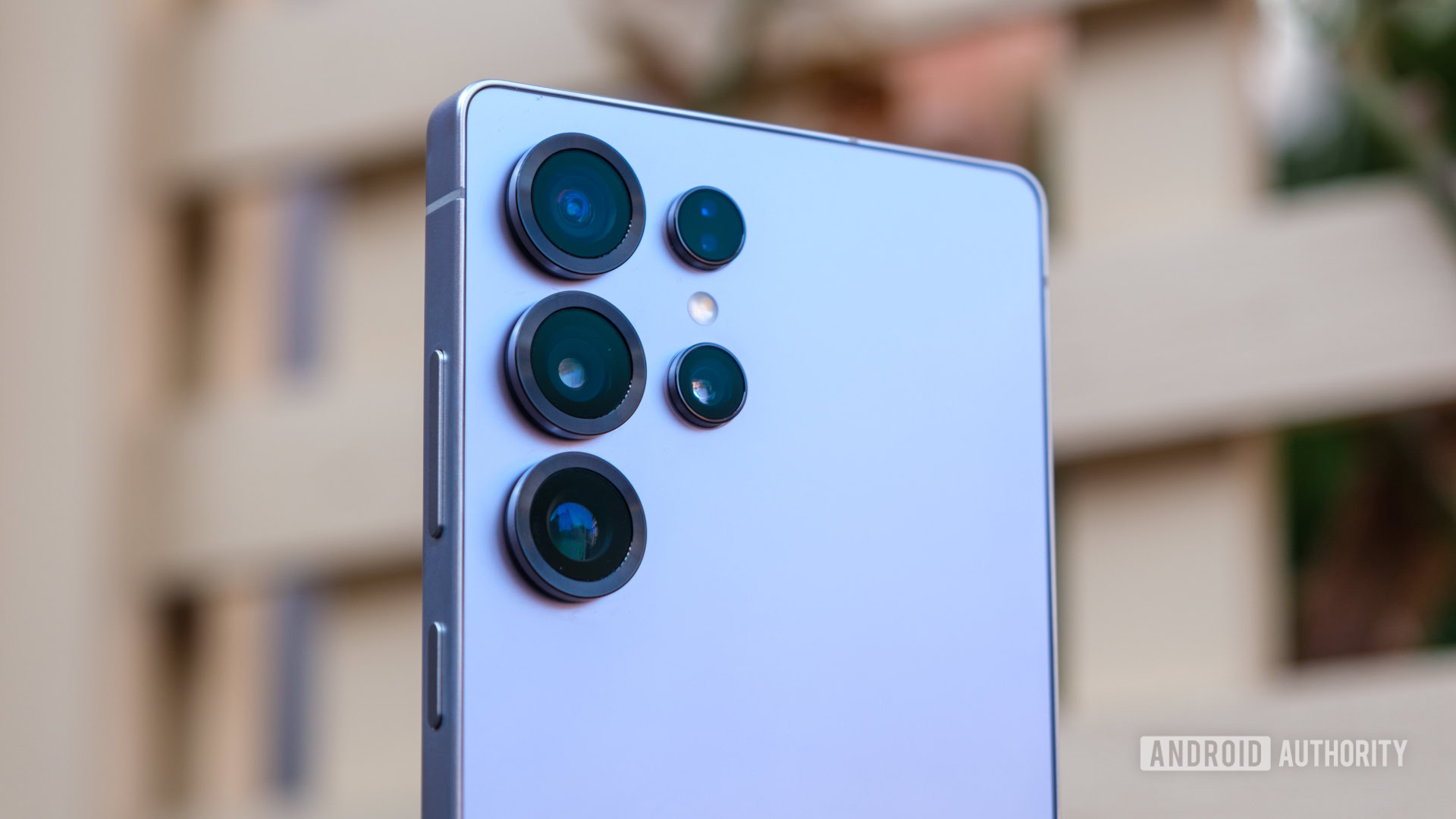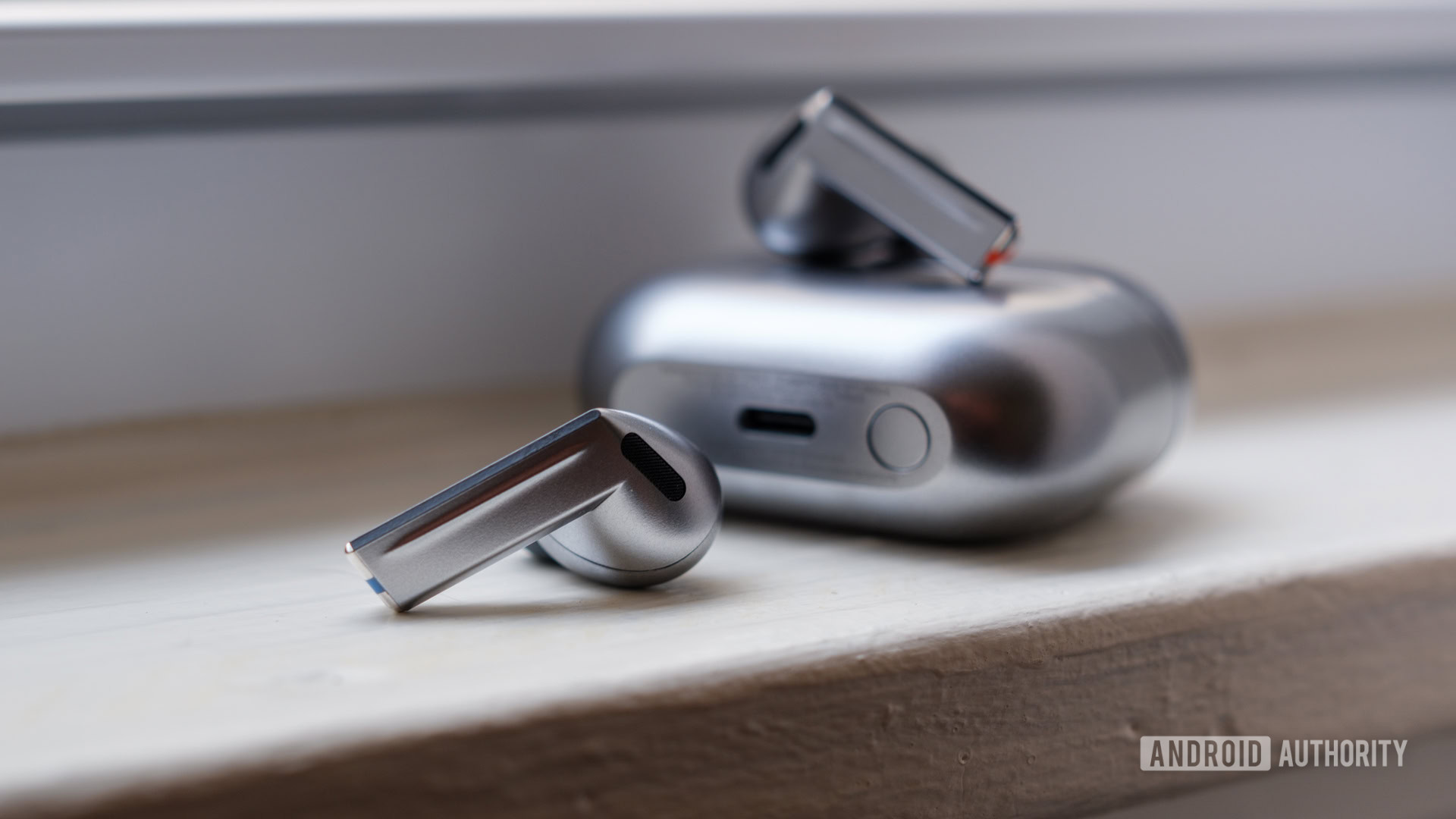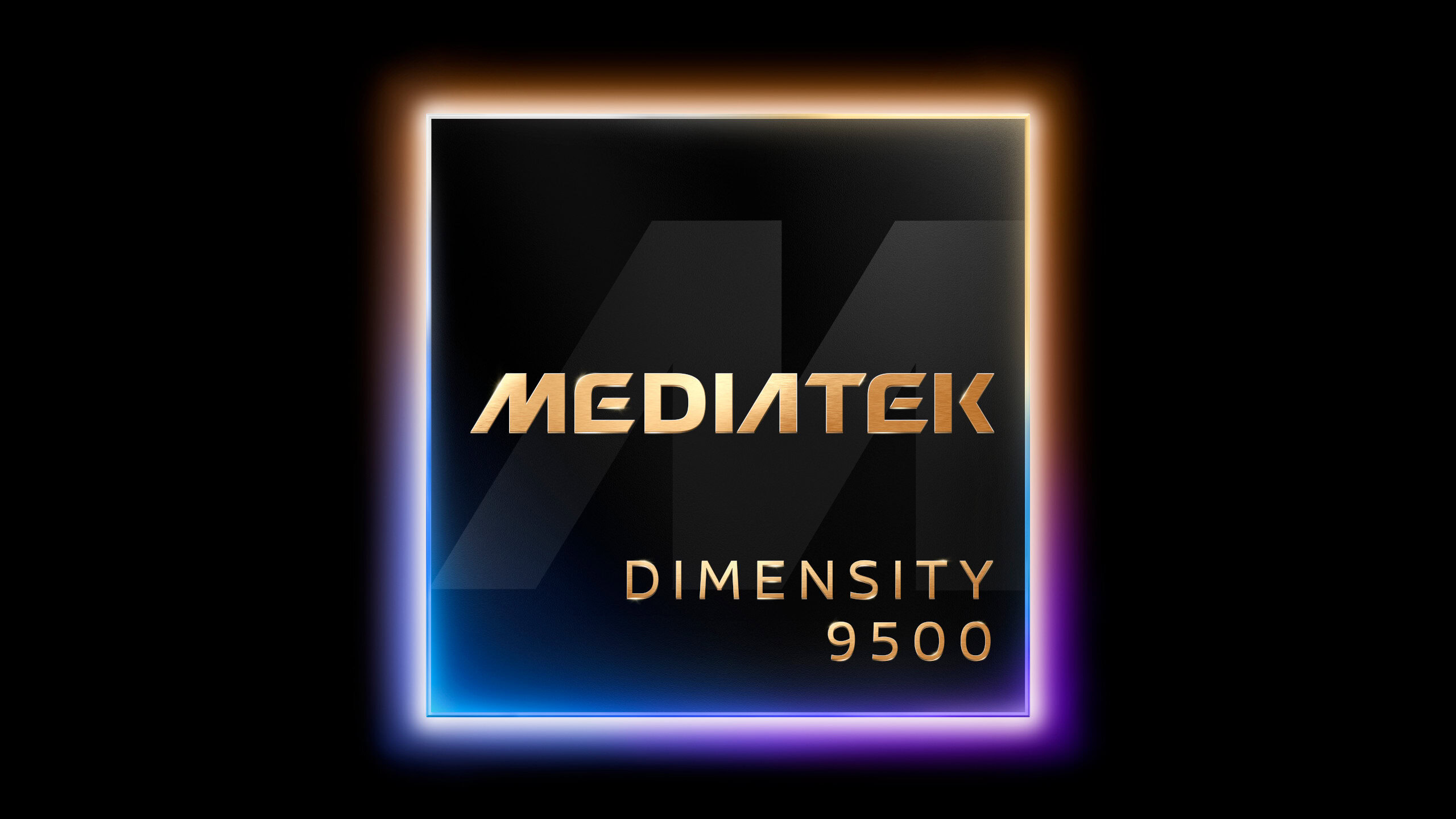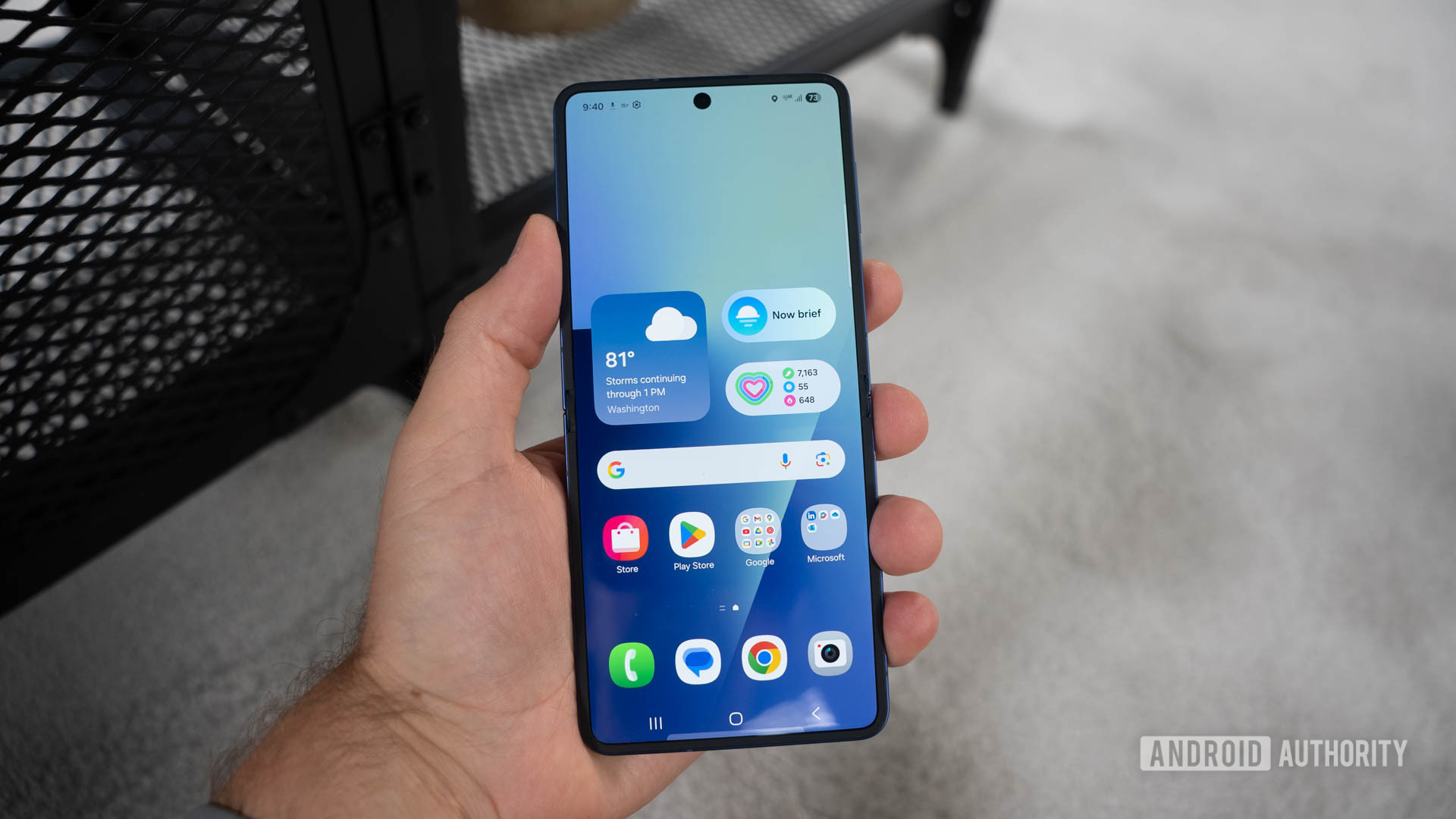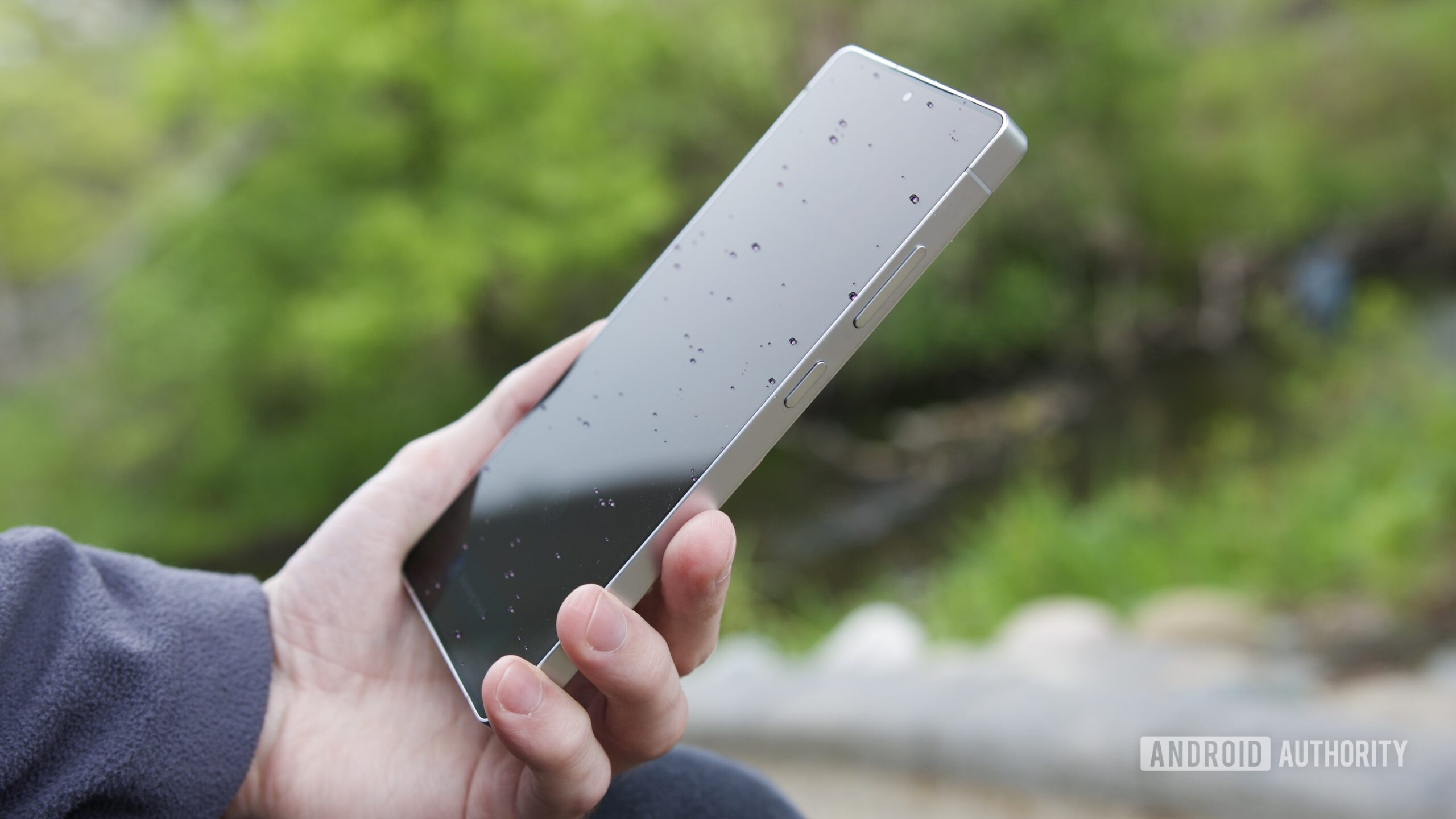Quick Points
- So, Honor just dropped some pretty cool news at the Snapdragon Summit 2025 about their new "Dual-Engine" on-device AI tech for the Magic 8 Pro and Magic Pad 3 Pro.
- They introduced this nifty feature called Magic Color, which lets users make pro-level photo edits just by typing in one-sentence commands – seriously, that could save so much time!
- They've been proactive about addressing issues like computing power, energy consumption, and memory with their new Low-Bit Quantization technology. It sounds super efficient.
- On the gaming side of things, they’re stepping up with a feature similar to DLSS that boosts frame rates directly on the device! That sounds like a game-changer for mobile gamers.
- The snazzy updates hit China next month, but I'm curious about when they'll roll out globally!

What you need to know
- During Snapdragon Summit 2025, Honor highlighted its new “Dual-Engine” era approach to on-device AI for its Magic 8 Pro and Magic Pad 3 Pro.
- The keynote highlighted Magic Color, a new on-device AI engine capable of helping everyday users and creators make professional-like edits to photos.
- The company is also looking to advance its gaming capabilities, introducing capabilities similar to DLSS on gaming PCs.
- Honor’s Magic 8 Pro and Pad 3 Pro will launch in China in October.
Snapdragon Summit 2025 is underway, and Honor’s recent appearance marked a turning point in its AI solutions, thanks to Qualcomm’s newest chip.
Honor teased “ground-breaking” AI innovations coming for its flagship Magic 8 Pro and Magic Pad 3 Pro in a press release to Android Central. For users looking to get creative with Honor’s next flagship phone, which will utilize the Snapdragon 8 Elite Gen 5 chip, the post states you’ll find the industry’s first “Agent-powered Magic Color” system. This system takes the Honor Alpha Plan, the company’s previous commitment to stronger, smarter on-device AI, to a whole new level.
Honor states Magic Color pairs its on-device AI with “advanced semantic understanding” to create an easy image editing experience for everyday users and creators that embody professional edits. Through “one-sentence commands,” Honor says users can transform their images, restyle them, and extract “key color tones” to be used in other places.
On a more technical side, the improved power of the Snapdragon 8 Elite Gen 5 has helped facilitate Honor’s “Dual-Engine” approach to on-device AI.
The company says it’s looking to solve three key issues with on-device AI: computing power, memory, and energy consumption. At the Snapdragon Summit 2025 event, Honor introduced its Low-Bit Quantization tech, a first for Android. Using Qualcomm’s Hexagon NPU, this new tech boosts computing power by 15%, lowers energy consumption by 30%, and takes up 30% less storage. This Low-Bit tech is also said to speed up the rate at which its on-device AI can process and surface data.
Performance & the Magic 8 Pro
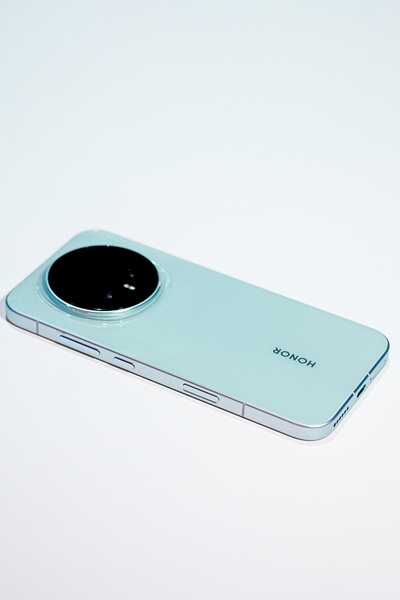
Performance is the other side of this “Dual-Engine” approach Honor’s got going on this year. When it comes to gaming, Honor says it has introduced its GPU-NPU Heterogeneous AI Super Sampling tech. What this means is that, through AI reconstruction, Honor’s technology can take low frame rates and resolution and raise the bar, sort of like DLSS on a gaming PC. During its testing, Honor says this Super Sampling tech can achieve 120fps at 1080p from something that originally ran at 60fps on-device.
Fang Fei, president of products at Honor, said, “By working with leading partners such as Qualcomm Technologies to continually redefine what’s possible with on-device AI, we move closer to creating an open, co-created, value-sharing world where everyone can benefit from AI.”
These new AI achievements from Honor are said to arrive on its Magic 8 Pro and Magic Pad 3 Pro “next month.” However, it’s the company’s next flagship phone that’s garnering a little attention late this week. The Magic 8 Pro was there during Honor’s keynote speech at Snapdragon Summit 2025, where it stunned with rounded corners, flat sides, and a seemingly flat display.
It’s a design similar to what consumers received with the Magic 7 Pro. The next iteration will keep its centered, rounded camera housing with a glossy ring encircling it from beneath. The device will launch in China in October. There’s no word about a global launch just yet.
[ For more curated tech news, check out the main news page here]
Sounds Nerdy Insights
- What's interesting is What’s interesting here is how Honor is really positioning itself as a player in the AI space. They're not just hopping on trends; they're crafting tools that everyday users can actually find useful.
- The Magic Color feature is a great example of an AI application that feels accessible and isn’t just another marketing gimmick. It's like they realize not all us techies want to spend hours figuring out complex editing software.
- The Low-Bit Quantization thing sounds fantastic—is this gonna be a major competitive edge for them? If it really does reduce storage needs and energy usage while improving performance, then that’s smart engineering (and sustainable too!).
- Also, they've clearly aimed at gamers with their AI Super Sampling tech. It’s fascinating to see mobile platforms trying to compete with traditional gaming setups. Where will actual gaming graphics quality be like in a few years?
- I wonder how these innovations will play out in real-world usage. Companies often shape things around benchmark numbers, but what about actual customer experience? Can they interestingly, walk the talk?
- Seeing how closely they're working with Qualcomm seems significant for forging stronger partnerships in pushing mobile tech forward. Could we see more collaboration announcements based on this relationship in the future?
- Overall, I'm feeling pretty optimistic about where this tech could take Honor and its devices. It gives Hopeful vibes for both casual users leveling up their photography skills and serious gamers who need every bit of performance possible!
The post Honor’s bringing a ‘Dual-Engine’ approach to its next flagship’s on-device AI first appeared on www.androidcentral.com









